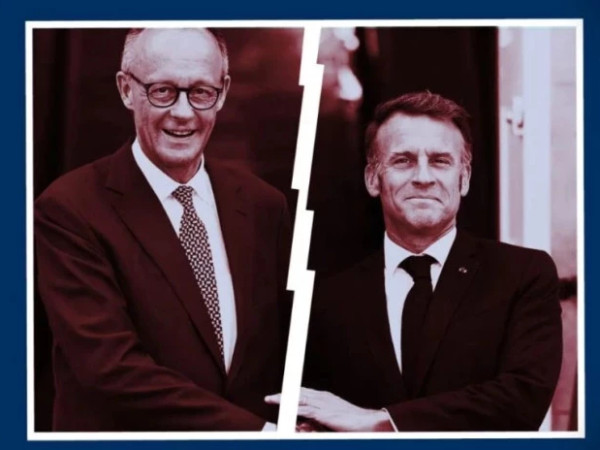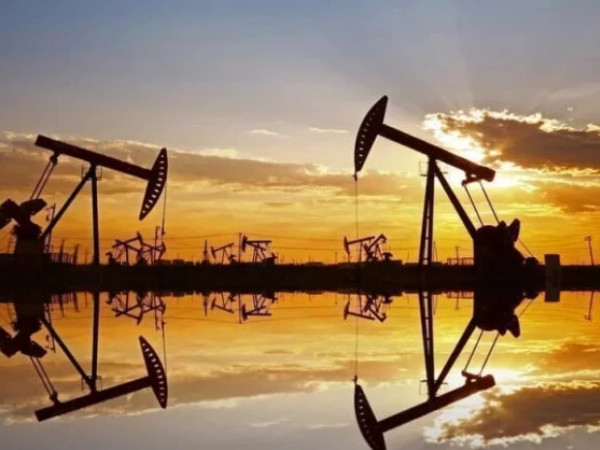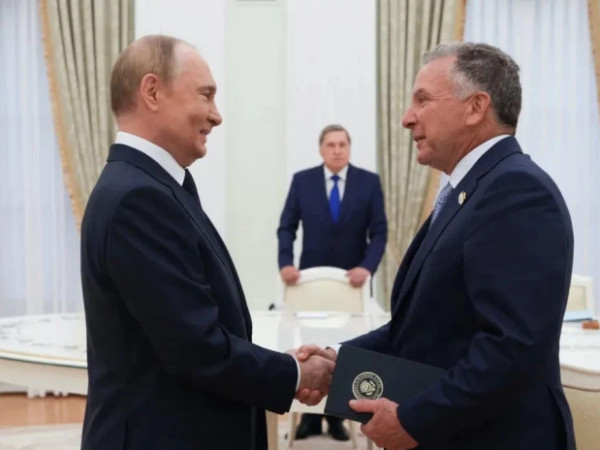On July 22, the European Union (EU) Council extended economic sanctions against the Russian Federation for its aggression against Ukraine until the end of January 2025.
This is stated on the website of the Council of the EU.
These sanctions, first introduced in 2014, were significantly expanded from February 2022 in response to a full-scale invasion.
The sanctions consist of restrictions on trade, finance, technology and dual-use goods, industry, transport and luxury goods.
They also include: a ban on the import or transfer by sea of crude oil and certain petroleum products from Russia to the EU, the disconnection of several Russian banks from SWIFT, and the suspension of propaganda media.
"As long as the illegal actions of the Russian Federation continue to violate the prohibition on the use of force, which is a serious violation of obligations under international law, it is appropriate to keep in force all measures introduced by the EU and take additional measures, if necessary," the EU Council stressed.
The latest 14th package of sanctions against Russia was adopted by the EU on June 24, 2024. 116 individuals and legal entities of the Russian Federation were sanctioned. Among the restrictions is a ban on transshipment of Russian LNG on EU territory for transshipment to third countries; EU companies are now responsible for ensuring that their "subsidiaries" in third countries do not circumvent sanctions against the Russian Federation; prohibition of airlines to carry out charters and private flights around the world on the order of citizens of the Russian Federation.


















